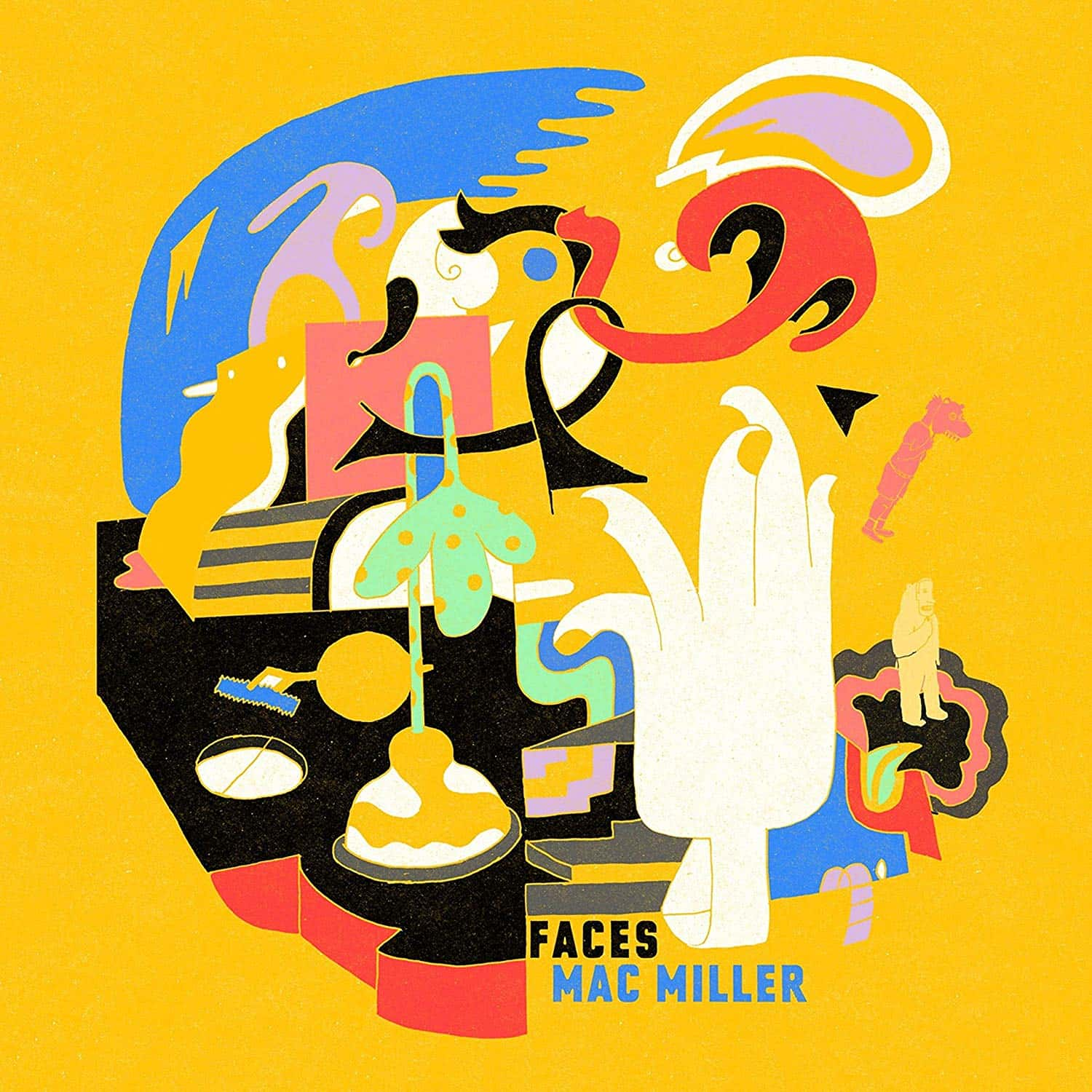Author: Riley Urbano
Over the course of the last decade, online streaming services like Spotify and Apple Music have overtaken the old ways of finding and consuming music. Streaming “sales” constitute the bulk of the music industry’s revenue, towering over outmoded formats like the physical LP (or CD, or cassette, for that matter), and even digital downloads for sale on sites like Bandcamp and Itunes. While the effects of this change in mass consumption patterns are vast and complex, one that I find to be poignant and perhaps even harmful to the culture is that tons of great music is getting lost in the transition. Whether it’s a mixtape that an artist can never upload to streaming services because they’re full of samples they can’t pay for, or a vintage gem whose record label didn’t survive into the digital age, there really are massive amounts of excellent and sometimes culturally important music that haven’t made their way onto the streaming giants, and probably never will.
For this year’s column, I’ll be highlighting some records worth closing out of Spotify and making the extra effort to listen to, even if you can’t sort it into the libraries you keep the rest of your music in. I couldn’t think of a better place to start than one of my favorite mixtapes of the decade, Mac Miller’s Faces.
Faces is a vivid self-portrait of an artist at rock bottom, still some distance away from his hard-fought attempts at recovery from drug addiction and tragedy of his untimely death. This download-only mixtape doesn’t have the finally-happy triumph of the GO:OD AM era, the blissful domesticity of The Divine Feminine, or the pop sensibilities of Swimming; what Faces has instead is the dark volatility an addict smart enough to see bad things coming, and all of the creative insanity that comes with it. Looking back into history, one can find similar examples of addiction spurring unparalleled creative heights in records like The Marble Index by Nico, There’s A Riot Goin’ On by Sly and the Family Stone, or the drug-addled frenzy of David Bowie’s trailblazing Berlin trilogy, to name a few. I don’t mean to imply that I think an artist should take drugs or willfully start down the path to addiction to further their creative abilities; still, it’s a dark but undeniable truth that addiction is responsible for some of the major touchstones of modern pop music. In the case of Mac Miller’s career from Watching Movies With The Sound Off all the way up to his death, his addiction was also a major subject of his art, and in many ways the primary subject of Faces.
Since Mac never planned to release Faces as a studio album, he revels in the low stakes of the mixtape format, crafting beats around the kind of samples only Jay-Z could afford on a studio album and collaborating with low-profile friends of his alongside names as big as Earl Sweatshirt and even Rick Ross. Even as Mac was descending into the pits of addiction and imagining an untimely death not too far from the one he would one day meet, he was in full command of his gift for songwriting and, crucially, his sense of humor. It’s all there in the one-two punch of the tape’s intro, from the dark and melancholic “Inside Outside” into the triumphant “Here We Go.”
https://www.youtube.com/watch?v=Ux03Hau1Qf0
https://www.youtube.com/watch?v=v19YY2r-HMA
From one buoyant and luxurious soul sample to the next, we hear Mac run the full gamut of emotions: opening with a haunting intonation that he “should have died already” and ending with ecstatic declaration that he “did it all without a Drake feature,” Mac deftly establishes his headspace and the emotional stakes of the project without missing a beat. There are energetic highlights all throughout the record, like the Duke Ellington-sampling “Diablo” and the manic Rick Ross-featuring “Insomniak,” built around a killer sample from the soundtrack to cult-classic film Les Planetes Sauvages. There are weird detours into early Odd Future depravity like the Earl Sweatshirt-featuring “Polo Jeans” and “What You Do” with Sir Michael Rocks, and of course there are suicidal lows like “Funeral” and “Grand Finale.” Throughout the project, Mac consistently stuns in terms of his technical ability and lyrical ideas, and given the project’s indulgent grandiosity and brutal self-honesty, I would definitely put Faces in the running for Mac Miller’s best work.
Faces definitely represents the dark side of Mac Miller’s discography. It’s far too complex to fit into the easy narrative arc presented by his studio albums, and, in the face of his death, it might still be too-hot-to-touch for fans of his who are still in mourning. But just because a record isn’t pretty doesn’t mean it isn’t a massively accomplished artistic statement. In the case of Faces, I actually think that the record’s grittiness makes it far more exciting and emotionally engaging than any of Mac’s later work, for better or for worse.
Riley Urbano | bury me in Allegheny County | KXSU Music Reporter

